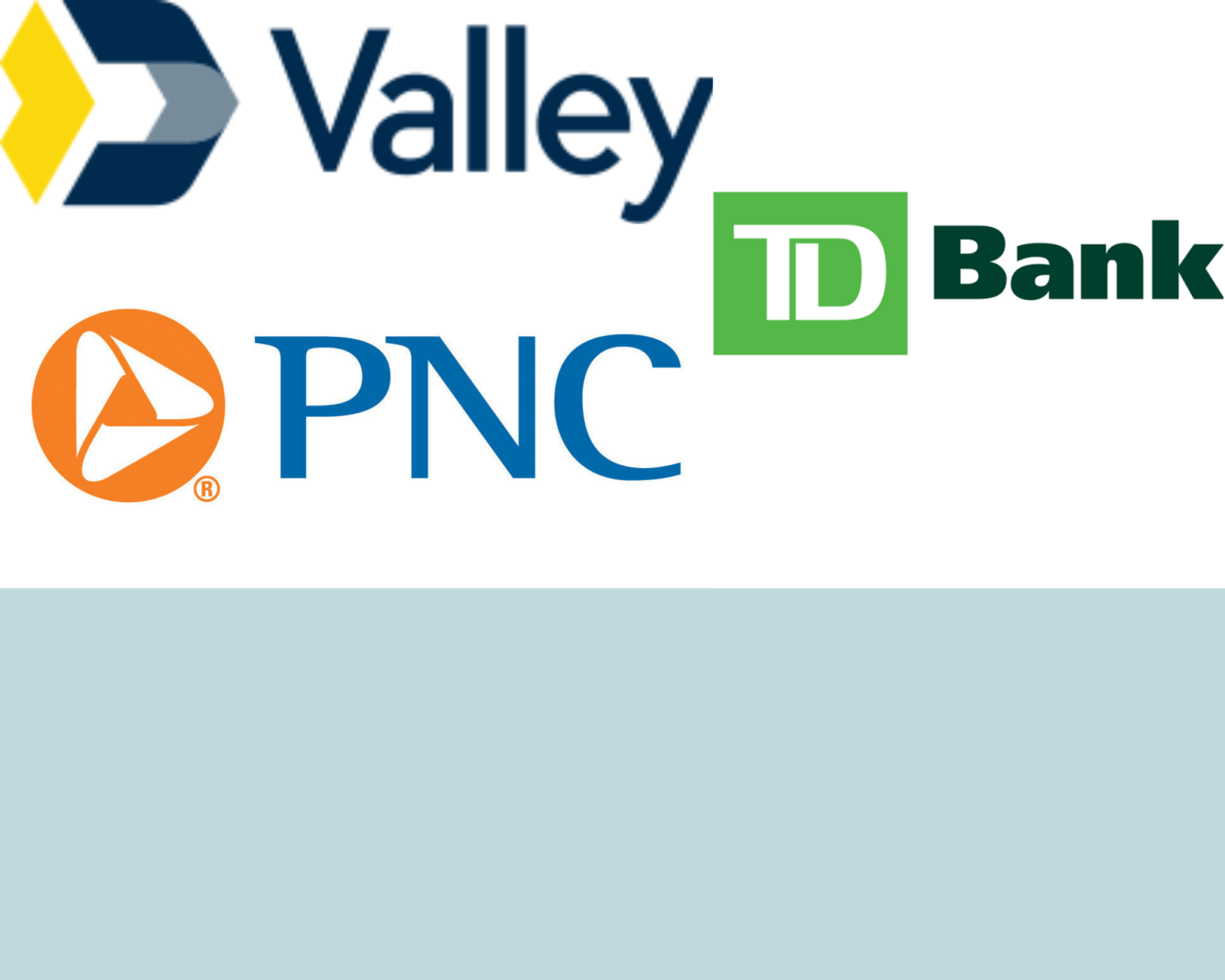One of the most important decisions small and medium sized business (SMB) owners can make is where to establish their bank accounts. While it’s easy enough to open a checking account, SMBs also must think along the lines of future needs, such as capital, merchant services and financial advice.
Cashflow is king to all businesses but to SMBs — especially those just starting out — it can be a matter of sink or swim. With the economy on shaky ground and inflation still hovering at record highs, it’s a challenging lending and credit environment for everyone.
Banks are trying to balance risk against opportunity while fending off growing competition from financial technology (fintech) platforms eager to capture a piece of the $32.5 million U.S. small business market. But legacy financial institutions have the competitive — and knowledgeable — edge when it comes to servicing the needs of small businesses.
Ted Knauss, PNC SVP, Market Leader, NJ, NY, CT – Commercial Banking, said that business owners can reap great benefits from a banker that has some understanding of their company’s sector and will be able to offer some insights into industry trends.
Opportunity Meets Preparation
SMBs not only need basic banking and credit, but they can also use some financial advice, something they’re not always getting from digital or legacy institutions, according to the 2022 U.S. Small Business Banking Satisfaction Study by J.D. Power. Only 15% of the respondents indicated they had received definitive financial advice from their bankers.
The time is ripe for a meeting of the minds between neighborhood banks and local small businesses. Bankers have a wealth of advice businesses can use to become more financially fit and can serve as a financial partner to SMB owners.
”Banks have segments dedicated to supporting the needs of businesses ranging from retail distribution through large corporate. There are subject matter experts in each segment who deal with similar businesses every day,” said Knauss.
Knauss added that for most businesses in operation for two years or more, there are numerous lending opportunities available.
Choosing the Right Bank
Dan Fosina, Valley National Bank SVP, Division Head of Commercial Banking and Head of FX Sales in New Jersey and Pennsylvania, said relationships are key.
“I would not underestimate what it means to have a true relationship bank, that encompasses access to management, ancillary business, and open dialogue. It allows your bank to partner with you in good times and bad,” Fosina said.
“Be very forthcoming with financial reporting, especially in a downturn for the company or economy, this helps your bank represent you better internally and support your company,” he added.
For small businesses, sitting down with local bankers is the first step in gathering the data needed to determine the best financial institution for the short and long term. It’s not a one-size-fits-all strategy and it takes a little time and preparation.
A digital-only approach to banking might be fine for some transactional needs but when it comes to running a business and securing capital, there is no substitute for finding the right partner.
Does Size Matter?
When talking about the size of a bank versus a business, there are different components at play, but the bottom line is both financial institutions and SMBs have something to offer one another.
“Find a banker that will care enough to learn and care about you and your business. The size of the bank doesn’t matter. Banks offer pretty much the same products and services to small businesses. Find one that provides great customer service,” said Stephen A. Jarossy, TD Bank VP and Senior Relationship Manager.
Except for loans from the Small Business Association (SBA), bank don’t “lend you money to start a business” and new companies seeking loans “should already be somewhat established.”
“Put together a realistic set of projections, including a downside case. Make sure you have well prepared financial statements, in most cases your tax returns,” said Jarossy.
Valley Bank’s Fosina agrees that the size of the bank or the business doesn’t matter and it’s important to find a financial institution that will accommodate what’s needed — Retail, Commercial Real Estate, Consumer Lending, Business Banking, or even Corporate Banking.
It’s ideal, Fosina said, to establish a personal relationship with your bank and to partner for years to come.











